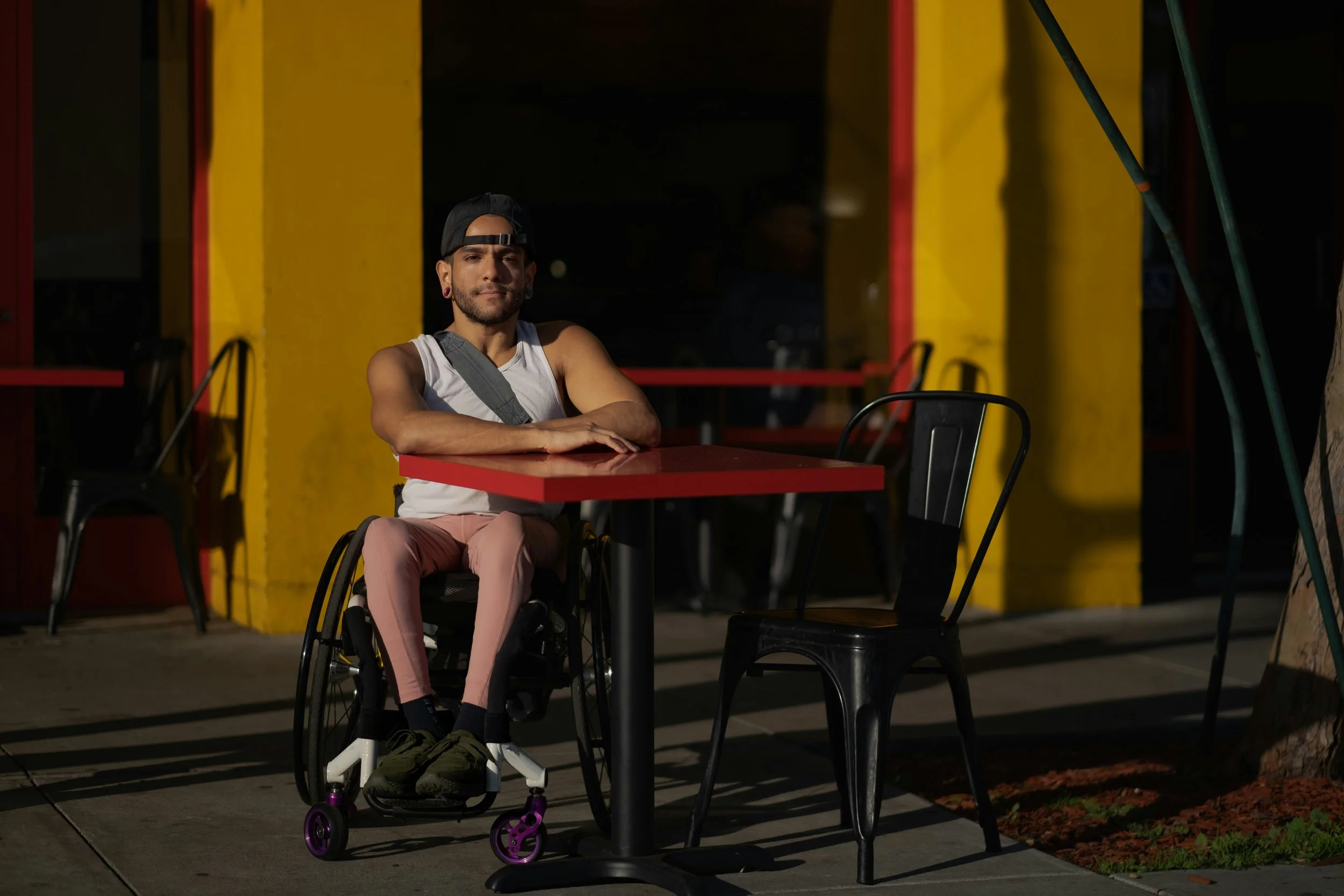Our Services
-

Support Coordination
Support coordination is about helping you get the most out of your NDIS plan. We can support you in several ways, such as understanding your plan, connecting with services, and building skills and confidence.
-

Specialist Support Coordination
In addition to general support, specialist coordinators address complex barriers and design personalized service plans to meet specific needs for your goals.
-

Recovery Coaching
A psychosocial recovery coach aids individuals with psychosocial disability in recognizing, reflecting on, and taking charge of their own journey toward recovery.
SUPPORT COORDINATION LEVELS
LEVEL 1: SUPPORT COORDINATIOn
This level helps you connect with informal and community supports, empowering you to achieve your goals and utilize your plan effectively.
LEVEL 2: SUPPORT COORDINATION + COORDINATION OF SUPPORTS
Our support coordinators will assist you in understanding and utilizing your plan effectively. We'll work with you to ensure a balanced mix of supports, enhancing your ability to manage tasks, relationships, and community inclusion.
LEVEL 3: SPECIALIST SUPPORT COORDINATION
For individuals with more complex needs, our specialist support coordinators offer tailored support to manage challenges and ensure consistent service delivery in your support environment.
Things your support coordinator can help with
Understanding Your NDIS Plan
Your support coordinator will assist you in comprehending your NDIS plan, including budgets, fund usage, and compliance.
Establishing and Maintaining Supports
They'll help set up agreements, troubleshoot issues, and ensure ongoing support effectiveness, including finding alternatives when needed.
Planning and Coordination of Supports:
They'll collaborate with you to plan and coordinate supports tailored to your goals, preferences, and needs, ensuring a well-rounded mix of services.
Coaching and Skill Building
Support coordinators will coach you in using NDIS systems, negotiating with providers, and maximizing plan benefits, fostering independence and confidence.
Connecting You with Supports and Services
Your coordinator will facilitate connections to NDIS, community, and government services, guiding you in selecting the right supports.
Preparing for Unexpected Events
They'll aid in preparing for crises and unexpected situations, ensuring you're equipped to handle challenges and maintain supports effectively.
Acting in Your Best Interest, always
Support coordinators prioritize your best interests, recommending suitable supports, avoiding conflicts, and upholding ethical standards.
In addition to general support, specialist coordinators address complex barriers and design personalized service plans to meet specific needs like:
Addressing Complex Barriers
Specialists work with you to identify and overcome barriers hindering support access, establishing effective strategies for resolution.
Personalized Service Plans
For intricate support needs, we help craft detailed service plans involving stakeholders to ensure effective support implementation.
What is support coordination?
A support coordinator assists NDIS participants in understanding and utilizing the supports outlined in their NDIS plan.
Based on your specific needs and goals, you may receive NDIS funding for support coordination.
This video offers insight into why your plan may include funding for support coordination and how a support coordinator can assist you.
recovery coaching
A psychosocial recovery coach aids individuals with psychosocial disability in recognizing, reflecting on, and taking charge of their own journey towards recovery.
Collaborating closely with individuals, families, carers, and other services, they craft and implement personalized recovery plans while facilitating coordination with other NDIS supports.
Clients have the option to engage with coaches who possess either learned or lived experience of psychosocial disability.
Recovery coaches assist individuals with psychosocial disability in:
- Cultivating a supportive relationship conducive to recovery
- Enhancing awareness of available choices and fostering a sense of control
- Identifying personal goals and devising actionable strategies to attain them
- Providing continuous support and engagement, particularly during periods of heightened need arising from fluctuations in mental health
- Strengthening individual capacity, fostering recovery skills, resilience, and informed decision-making

